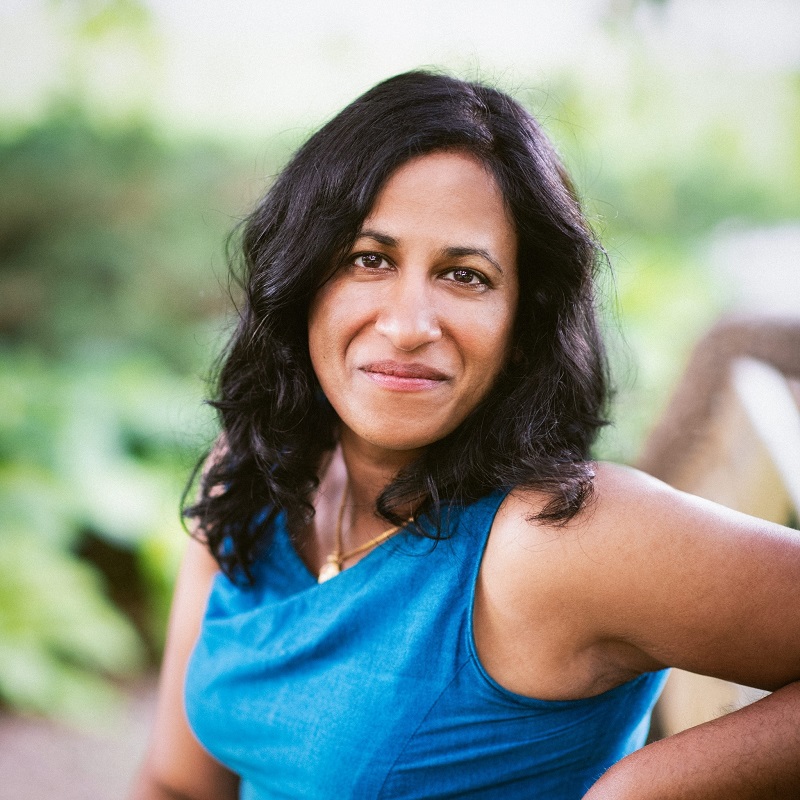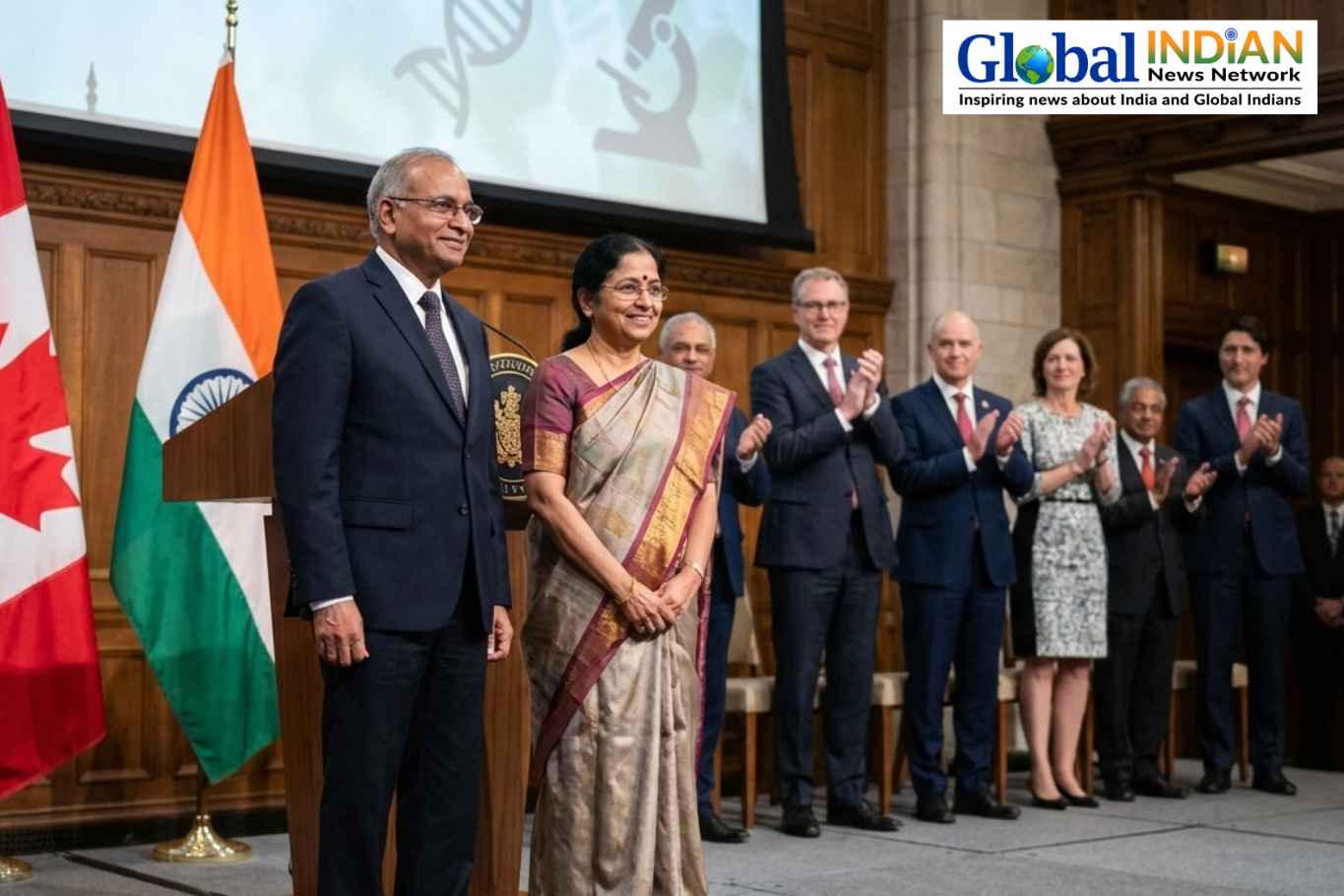
American writer V.V. Ganeshananthan clinched this year’s Women’s Prize for Fiction on June 13 with her novel Brotherless Night, depicting a family torn apart by Sri Lanka’s lengthy civil war. The inaugural Women’s Prize for Non-Fiction went to author-activist Naomi Klein for Doppelganger, a personal narrative exploring her immersion into the realm of online misinformation. Each award carries a £30,000 ($38,000) prize.
Both winners addressed the global backdrop marred by conflict, amidst ongoing debates in the arts community concerning issues like the Israel-Hamas conflict and corporate sponsorship of artistic endeavors.
Ganeshananthan’s triumphant novel, her second, portrays a young medical aspirant navigating the brutality and ethical dilemmas of Sri Lanka’s war, a project spanning nearly two decades. Reflecting on her work, she emphasized the challenges of crafting historical fiction about a recent and traumatic conflict, aiming to authentically capture people’s experiences.
Monica Ali, chair of the fiction judging panel, praised Brotherless Night as “brilliant, compelling, and deeply moving”, noting its poignant depiction of personal and large-scale tragedies from the Sri Lankan civil war. The judging panel also included Ayọ̀bámi Adébáyọ, Laura Dockrill, Indira Varma, and Anna Whitehouse.
In Klein’s Doppelganger, subtitled “A Trip into the Mirror World”, the author explores her encounters with being mistaken for Naomi Wolf amid the complexities of online misinformation. Part memoir and part investigative journalism, the book scrutinizes how digital life distorts reality and poses questions about potential remedies.
Historian Suzannah Lipscomb, who led the nonfiction judging panel, described Klein’s book as “courageous, humane, and optimistic”, urging readers to move beyond polarizations. Judges included Venetia La Manna, Nicola Rollock, Anne Sebba, and Kamila Shamsie.
Klein, known for her advocacy on contentious issues, thanked the Women’s Prize for addressing controversial topics. She has advocated for cultural institutions to reject funding from companies linked to fossil fuels or Israel’s defense sector, triggering debates over the ethical implications of such decisions.
The Women’s Prize for Non-Fiction was introduced to address gender disparities in nonfiction literature, where male authors often dominate both readership and prize lists. Organizers aim to promote female voices and perspectives in a genre traditionally skewed towards men.
Both prizes are open to female English-language writers worldwide, with the fiction prize established in 1996 and previous winners including Zadie Smith and Tayari Jones.









